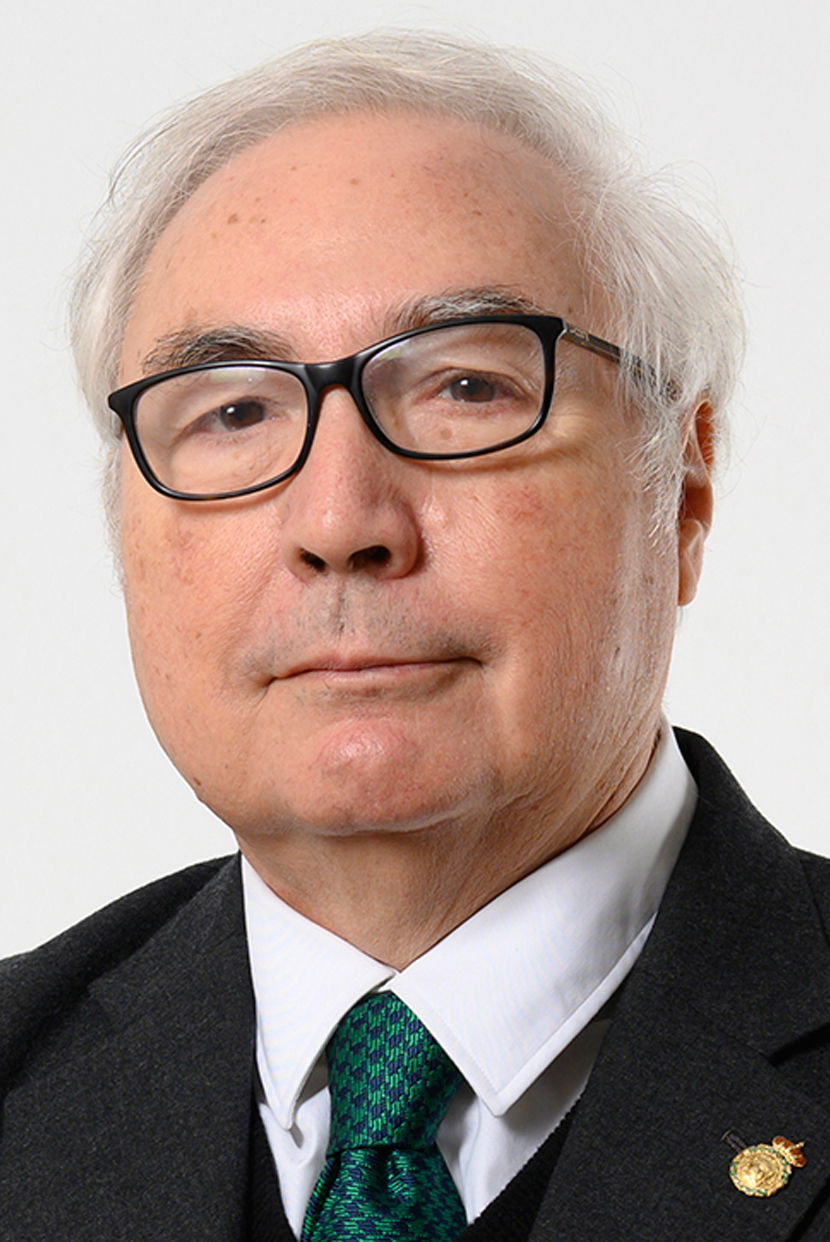Origine: Galassia Internet, p. 211
Lavori

Galassia Internet
Manuel CastellsManuel Castells frasi celebri
Origine: Galassia Internet, p. 262
Origine: Da I liberisti brasiliani scendono in piazza, Internazionale, n. 1096, 3/9 aprile 2015, p. 40
p. 40
Manuel Castells: Frasi in inglese
Opening, The Network is the Message, p. 1
The Internet Galaxy - Reflections on the Internet, Business, and Society (2001)
Origine: The Internet Galaxy - Reflections on the Internet, Business, and Society (2001), Chapter 2, The Culture of the Internet, p. 37
“Internet use enhanced sociability both at a distance and in the local community.”
Origine: The Internet Galaxy - Reflections on the Internet, Business, and Society (2001), Chapter 4, Virtual Communities or Network Society?, p. 122
“traditional media companies are not generating any profits from their Internet ventures.”
Origine: The Internet Galaxy - Reflections on the Internet, Business, and Society (2001), Chapter 7, Multimedia and the Internet, p. 191
Origine: The Internet Galaxy - Reflections on the Internet, Business, and Society (2001), Chapter 6, Privacy and Liberty in Cyberspace, p. 171
Origine: Urban renewal and social conflict in Paris, 1972, p. 93
Origine: The Rise of the Network Society, 1996, p. 376 as cited in: Jari Peltola (2006)
Communication, Power and Counter-power in the Network Society, 2007
Origine: The Internet Galaxy - Reflections on the Internet, Business, and Society (2001), Chapter 9, The Digital Divide in a Global Perspective, p. 247
Origine: Modernity — An Incomplete Project, 1983, p. 8-9
“John Chambers, Cisco's CEO and innovator, was, primarily, a salesman, and it shows.”
Origine: The Internet Galaxy - Reflections on the Internet, Business, and Society (2001), Chapter 3, e-Business and the New Economy, p. 71
Origine: The Urban Question: A Marxist Approach, 1977, p. 115
Origine: The Internet Galaxy - Reflections on the Internet, Business, and Society (2001), Chapter 5, Computer Networks and Civil Society, p. 160
Origine: The Internet Galaxy - Reflections on the Internet, Business, and Society (2001), Chapter 8, The Geography of the Internet, p. 212
Preface to the 2010, p. xvii
The Power of Identity (1997)
Origine: The Rise of the Network Society, 1996, p. 16-17 as cited in: Andy Hargreaves (2003) Teaching in the Knowledge Society: Education in the Age of Insecurity. p. 16
Origine: The Internet Galaxy - Reflections on the Internet, Business, and Society (2001), Chapter 3, e-Business and the New Economy, p. 90
Origine: City, Class and Power, 1978, p. 3
Communication, Power and Counter-power in the Network Society, 2007
Opening, The Network is the Message, p. 2
The Internet Galaxy - Reflections on the Internet, Business, and Society (2001)
Origine: The Internet Galaxy - Reflections on the Internet, Business, and Society (2001), Conclusion, The Challenges of the Network Society, p. 276
Origine: The Urban Question: A Marxist Approach, 1977, p. 1
Origine: The Rise of the Network Society, 1996, p. 500
Origine: The Internet Galaxy - Reflections on the Internet, Business, and Society (2001), Chapter 6, Privacy and Liberty in Cyberspace, p. 176
Origine: The Internet Galaxy - Reflections on the Internet, Business, and Society (2001), Conclusion, The Challenges of the Network Society, p. 282
Origine: End of Millennium, 1998, p. 379
Origine: The Urban Question: A Marxist Approach, 1977, p. 124 as quoted in: Phil Hubbard, Rob Kitchin (2010) Key Thinkers on Space and Place. p. 101
Origine: Communication Power, 2009, p. 1510
Origine: The Urban Question: A Marxist Approach, 1977, p. 376
